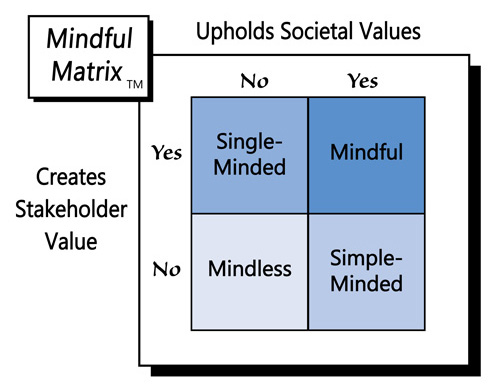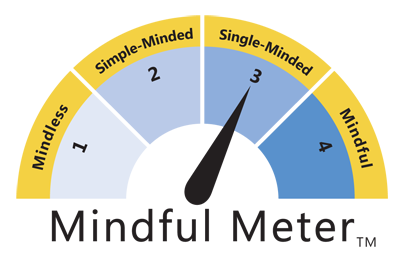What happens, though, when one’s taste is for games that glamorize activities that are both explicitly illegal and extremely violent? In Australia, discount retailers Target and Kmart recently decided to stop selling one such video game--Grand Theft Auto V.
If you’re not familiar with the multibillion dollar video game industry, this decision might elicit a “so what” response. You should understand, however, that Grand Theft Auto V, the latest in Rockstar Games’ extremely popular series , is not only the best-selling video game ever, it is the “the fastest-selling entertainment product in history, passing $1 billion of sales in the first three days.”
To put this success into further perspective, Forbes estimated sales of Grand Theft Auto V to be nearly $2 billion in May 2014. If the game were a movie, that would put it third on the list of highest grossing films of all time, only behind Avatar ($2.78 billion) and Titanic ($2.18 billion). Suffice it to say, Grand Theft Auto V is no niche market product.
What led to Target’s and Kmart’s decisions to pull the highly popular game from Australian stores? Three women, Nicole, Claire, and Kat, started a Change.org petition calling for Target to stop selling Grand Theft Auto V because it encouraged sexual violence against women, including murder. As of this writing, the petition has garnered over 47,000 signatures. Kmart, which is owned in Australia by the same retail group as Target, Wesfarmers, followed suit and also pulled the game.
Here are excerpts from Common Sense Media’s review of Grand Theft Auto V:
“Grand Theft Auto V is an M-rated action game brimming with gang violence, nudity, extremely coarse language, and drug and alcohol abuse.”
“Playing as hardened criminals, players kill not only fellow gangsters but also police officers and innocent civilians using both weapons and vehicles while conducting premeditated crimes, including a particularly disturbing scene involving torture.”
“Women are frequently depicted as sexual objects, with a strip club mini-game allowing players to fondle strippers' bodies, which are nude from the waist up.”
“None of the main characters in the game makes for a decent role model. All of them are criminals who think of themselves first and others rarely at all.”
As the sales data suggest, not everyone has agreed with the two retailers’ decisions. Another individual, Brett Herbert, has authored a countervailing Change.org petition that has gained over 18,000 supporters. Herbert argues that the game is restricted to people 18 years and older, that the violence is equal opportunity, i.e., players earn points by killing men as well as women, and that the connection between video game violence and actual violence is tenuous.
Herbert is right that research results linking video violence to actual violence have been mixed: some studies have found a connection, while others have not. Part of the unpredictability of this relationship has to do with other key factors that are at work, e.g., individuals generally will not commit acts of violence without a specific motivation, a clear opportunity, and the necessary resources. It’s very difficult for a research study to take into account in a realistic way all of these factors.
Even if it’s difficult to conclude that video games cause people to act more violently, it’s not hard to imagine that violent video games desensitize people to violence, which studies have found and which is also very problematic. Even if people do not commit violent acts themselves, what are the societal implications of citizens who are increasingly less concerned about others’ acts of violence, not to mention other forms of abuse and acts of crime? Are these the predispositions we want in individuals who might be serving on our juries, teaching our children, or patrolling our neighborhoods?
Although highly profitable, games like Grand Theft Auto V that intentionally glamorize violence and other destabilizing behavior do not uphold important societal values such as peace, respect, and decency. Target and Kmart in Australia should be commended for pulling the game from their shelves and for taking a stand against “Single-Minded Marketing.”
Learn more about the Mindful Matrix and Mindful Meter.
Check out Mindful Marketing Ads and Vote your Mind!




 RSS Feed
RSS Feed